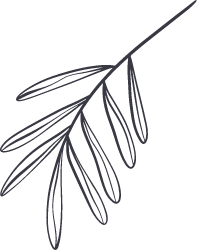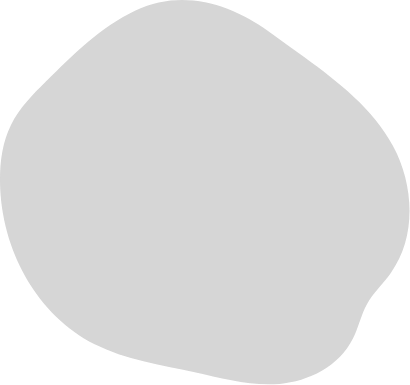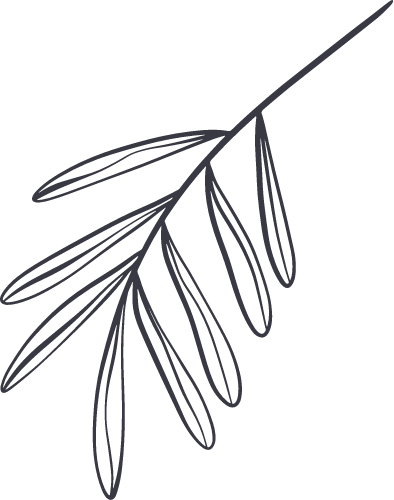Dr Miyawaki’s morphing into a researcher-academic was however not an easy process. As his professor had predicted, Japan of those times had not woken up to the significance of weed ecology. But his work did not go totally unnoticed. Dr Reinhold Tüxen, who was then Director of the Federal Institute for Vegetation Mapping in Germany, took Dr Miyawaki under his wing and introduced him to a whole new and vast world of vegetation mapping. This was the point where his interest shifted significantly from weeds to trees. But at first, not able to fully fathom the significance of the hectic schedule of exploration outdoors, and preferring the quieter life of pouring through books in the library, Dr Miyawaki timidly spoke of his concerns. What he got in reply from his professor would change his life forever:
“It’s too early for you to listen to people talking or to read books. Get out there into the field—there are three billion years of the history of life out there, there is a real life drama unfolding under our great sun that the German government could never achieve, no matter how many million marks they threw into research. Your own body should be the instrument to measure it—study it by looking at it with your eyes, touching it with your hands, smell it, taste it, feel it!”
Dr Miyawaki’s field research and his experiences with renowned plant sociologist Reinhold Tuexen in Germany helped shape his concept of Potential Natural Vegetation that prefers indigenous to non-native species. Today he is globally accepted as an authority on plant ecology, specializing in weeds and the study of natural forests.



